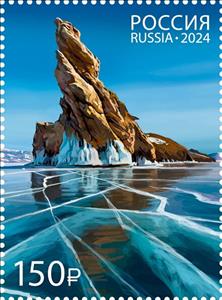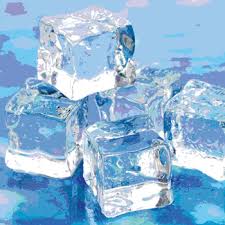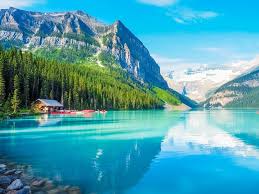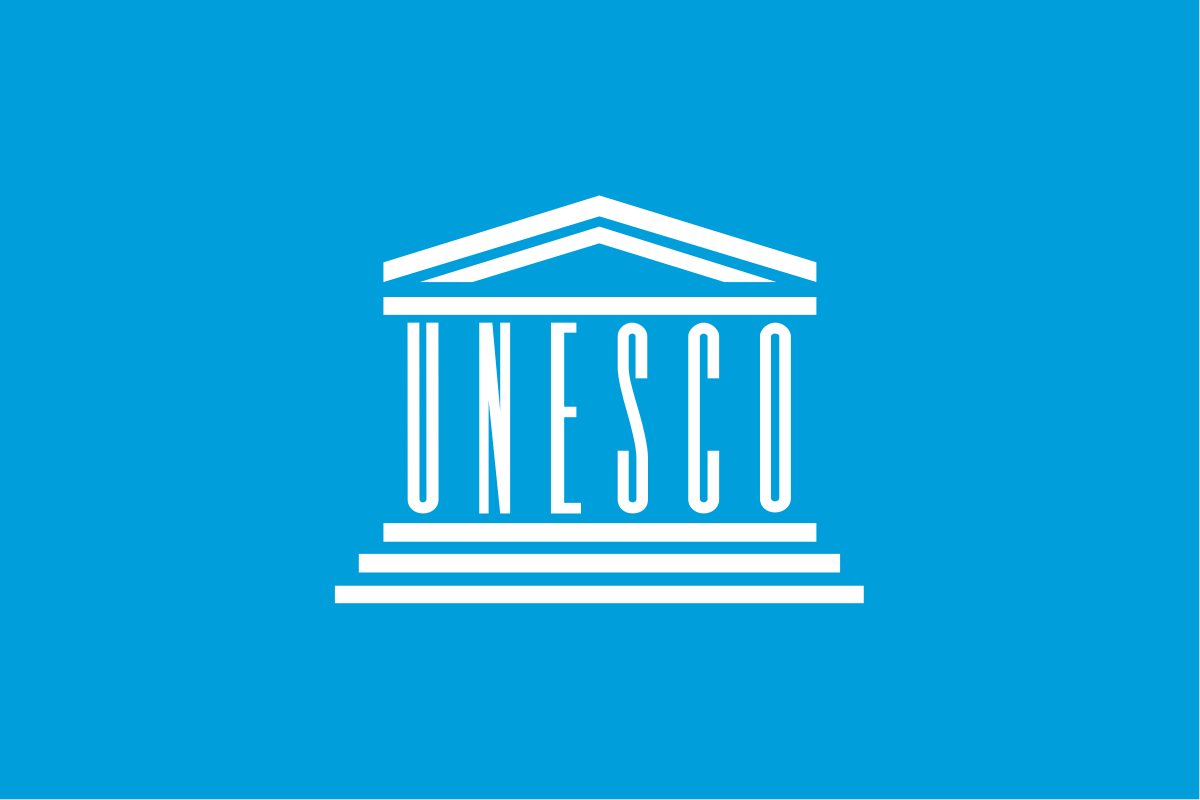Stamp: Russia in UNESCO 70 Years : Lake Baikal (Russia 2024)
Russia in UNESCO 70 Years : Lake Baikal (Russia 2024)
22 April (Russia ) within release Russia in UNESCO 70 Years : Lake Baikal goes into circulation Stamp Russia in UNESCO 70 Years : Lake Baikal face value 150 Russian ruble
| Stamp Russia in UNESCO 70 Years : Lake Baikal in catalogues | |
|---|---|
| Colnect codes: | Col: RU 2024.04.22-01a |
Stamp is vertical format.
stamp from souvenir sheetAlso in the issue Russia in UNESCO 70 Years : Lake Baikal:
- Souvenir Sheet - Russia in UNESCO 70 Years : Lake Baikal face value 150;
- Stamp - Russia in UNESCO 70 Years : Lake Baikal face value 150;
Stamp Russia in UNESCO 70 Years : Lake Baikal it reflects the thematic directions:
Ice is water that is frozen into a solid state, typically forming at or below temperatures of 0 °C, 32 °F, or 273.15 K. As a naturally occurring crystalline inorganic solid with an ordered structure, ice is considered to be a mineral. Depending on the presence of impurities such as particles of soil or bubbles of air, it can appear transparent or a more or less opaque bluish-white color.
A lake is a naturally occurring, relatively large and fixed body of water on the Earth's surface. It is localized in a basin or interconnected basins surrounded by dry land. Lakes lie completely on land and are separate from the ocean, although they may be connected with the ocean by rivers, such as Lake Ontario. Most lakes are freshwater and account for almost all the world's surface freshwater, but some are salt lakes with salinities even higher than that of seawater. Lakes vary significantly in surface area and volume.
The United Nations Educational, Scientific and Cultural Organization (UNESCO; pronounced /juːˈnɛskoʊ/) is a specialized agency of the United Nations (UN) with the aim of promoting world peace and security through international cooperation in education, arts, sciences and culture. It has 194 member states and 12 associate members,as well as partners in the non-governmental, intergovernmental and private sector. Headquartered in Paris, France, UNESCO has 53 regional field offices and 199 national commissions



